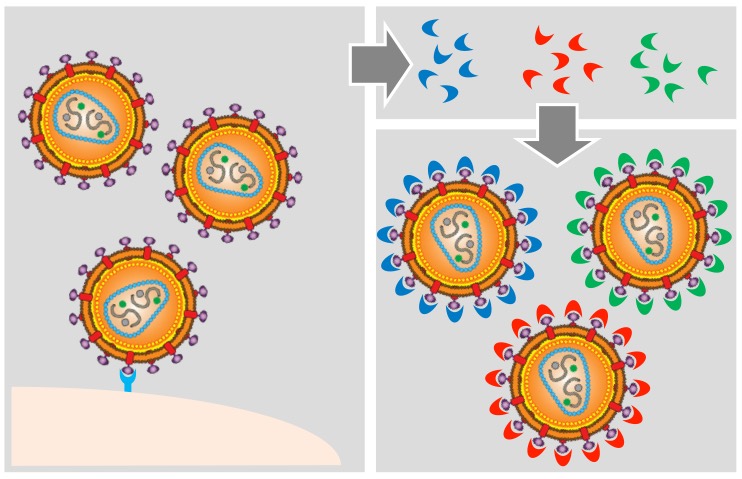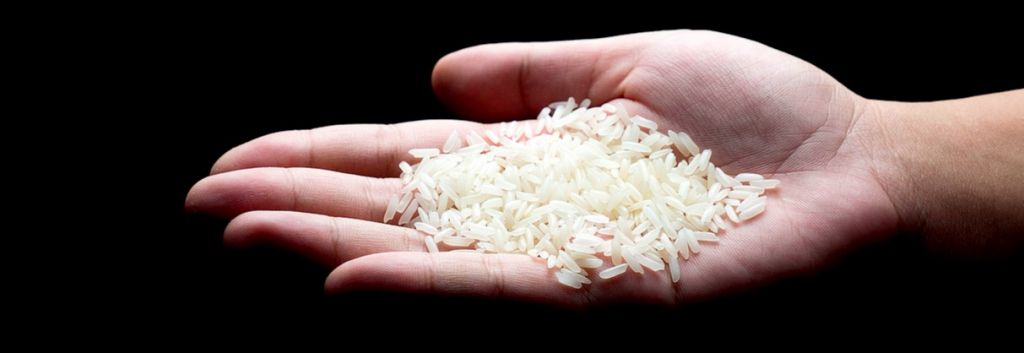Researchers in Spain have created a strain of genetically-engineered rice that could provide a cheap alternative to produce medicines for HIV prevention.
The risk of HIV infections can be significantly reduced with oral medication. However, pricing is a big issue for people living in impoverished or developing countries who are at risk.
Researchers at the University of Lleida, Spain, in collaboration with the IrsiCaixa AIDS Research Institute in Barcelona, created a transgenic line of rice that produces three HIV-neutralizing proteins and could be used as a low-cost production method. Especially as it could be applied in the form of a topical cream or paste obtained directly from the rice seeds, without requiring further processing or purification steps.
The transgenic rice produces one antibody and two sugar-binding proteins that bind to the HIV virus, preventing its interaction with human cells, which is the first step of infection.
“An important novel finding of our work is that the endogenous rice seed proteins improve substantially the effectiveness of the three microbicide compounds,” Paul Christou, who led the research, told me.

In addition to boosting the activity of the anti-HIV proteins, the rice seeds provide a simpler platform to produce them as compared to conventional methods. Usually, therapeutic proteins are produced in fermenters using microbial or mammalian cells, which can be expensive.
“Plant-produced pharmaceutical proteins can be scaled up very easily and inexpensively without the need for expensive fermenter facilities simply by planting as many plants as needed to achieve a certain production target,” said Christou. “Costs are minimal after the creation of the first plant producing the microbicide. And in our case, the three molecules can be produced in one plant, thus reducing the costs even further.”
Christou is now seeking to keep developing the transgenic rice, though the road ahead will be challenging.
“Our work represents proof of concept for combination microbicides. This needs to move forward to animal experiments and human clinical trials,” he said. “However, costs are prohibitive for public institutions such as universities and research institutes, and there are very few incentives for the private sector to invest in applications that are meant for impoverished people in the developing world.”
Still, Christou highlights it is possible to raise funds through public and philanthropic organizations. Other projects at his lab, which focus on improving crops for enhanced nutrition and medical applications, have been funded by the Bill and Melinda Gates Foundation and the EU.
“Money is not the only problem’” he remarked. “Regulatory costs are also going to be very high and of course we have to deal with the GM issue. All these add to the complexity and time for commercialization and we will be actively seeking resources with our collaborators to move from proof of concept to the subsequent steps.”
Images via Shutterstock; Paul Christou





